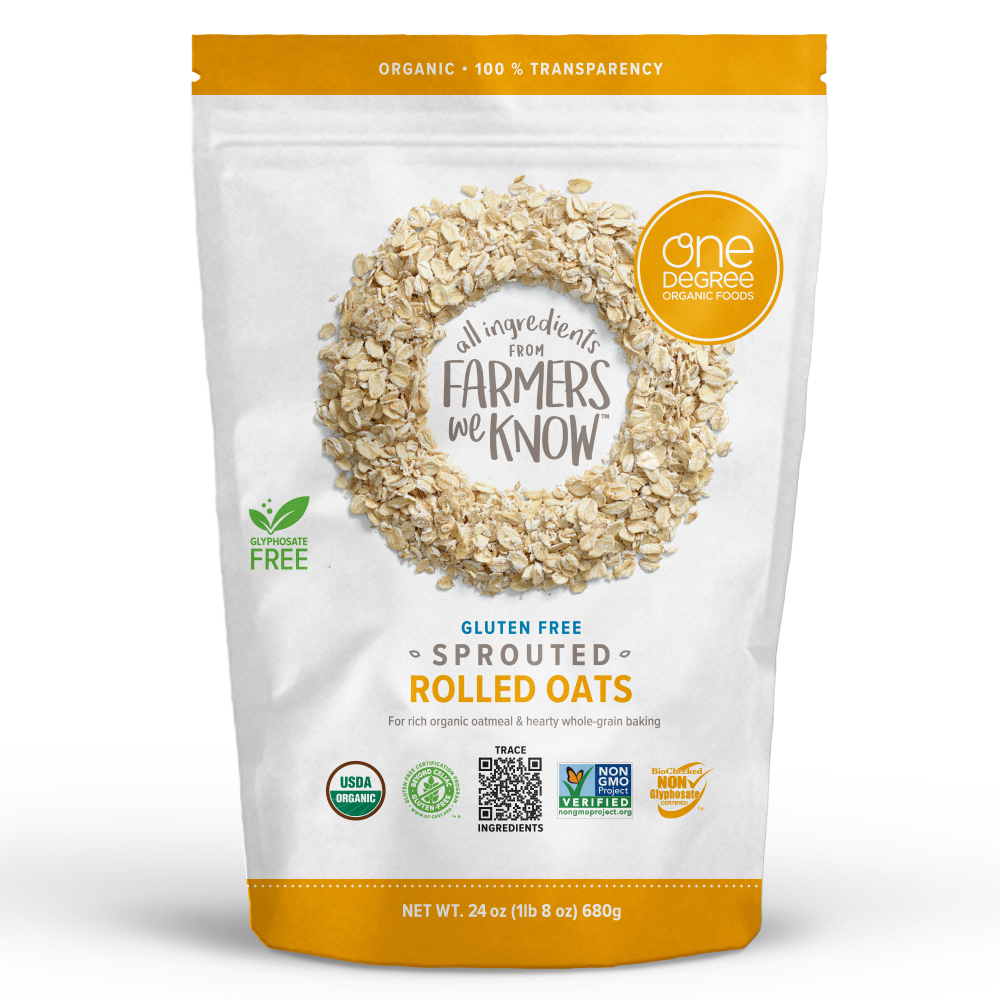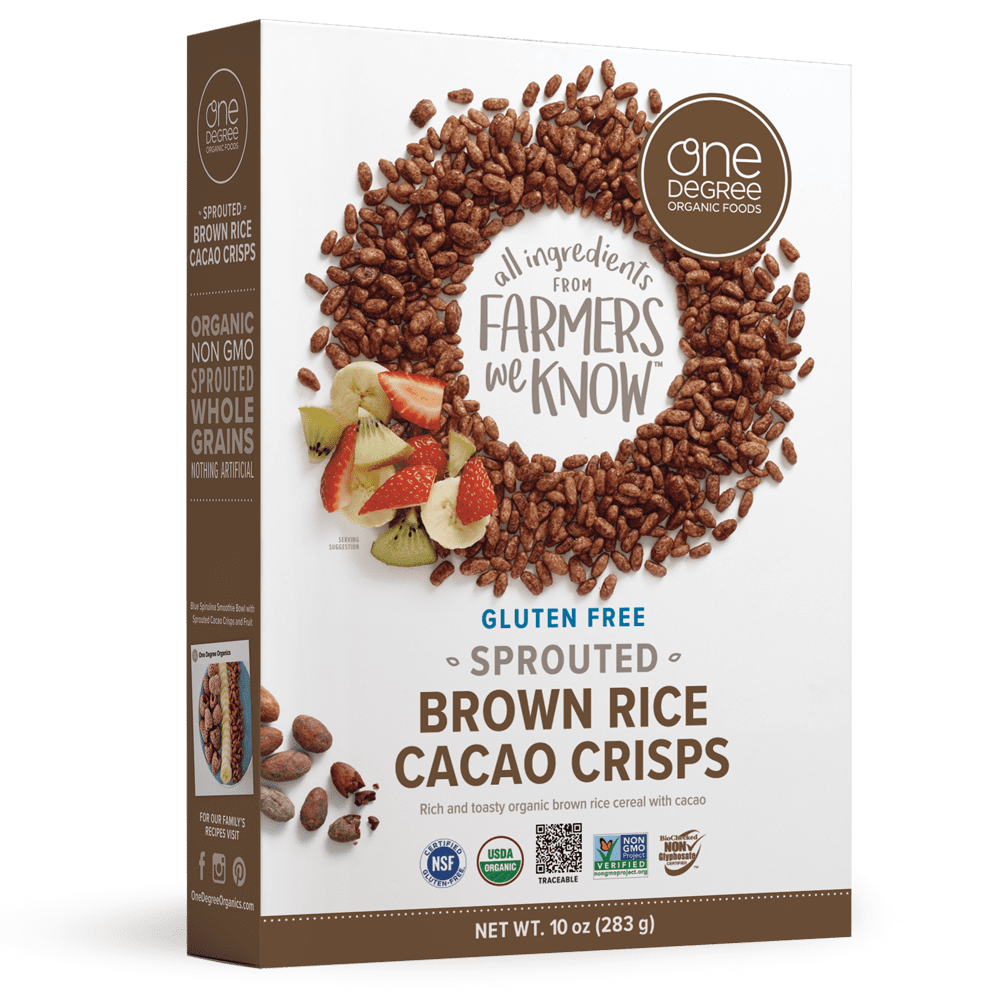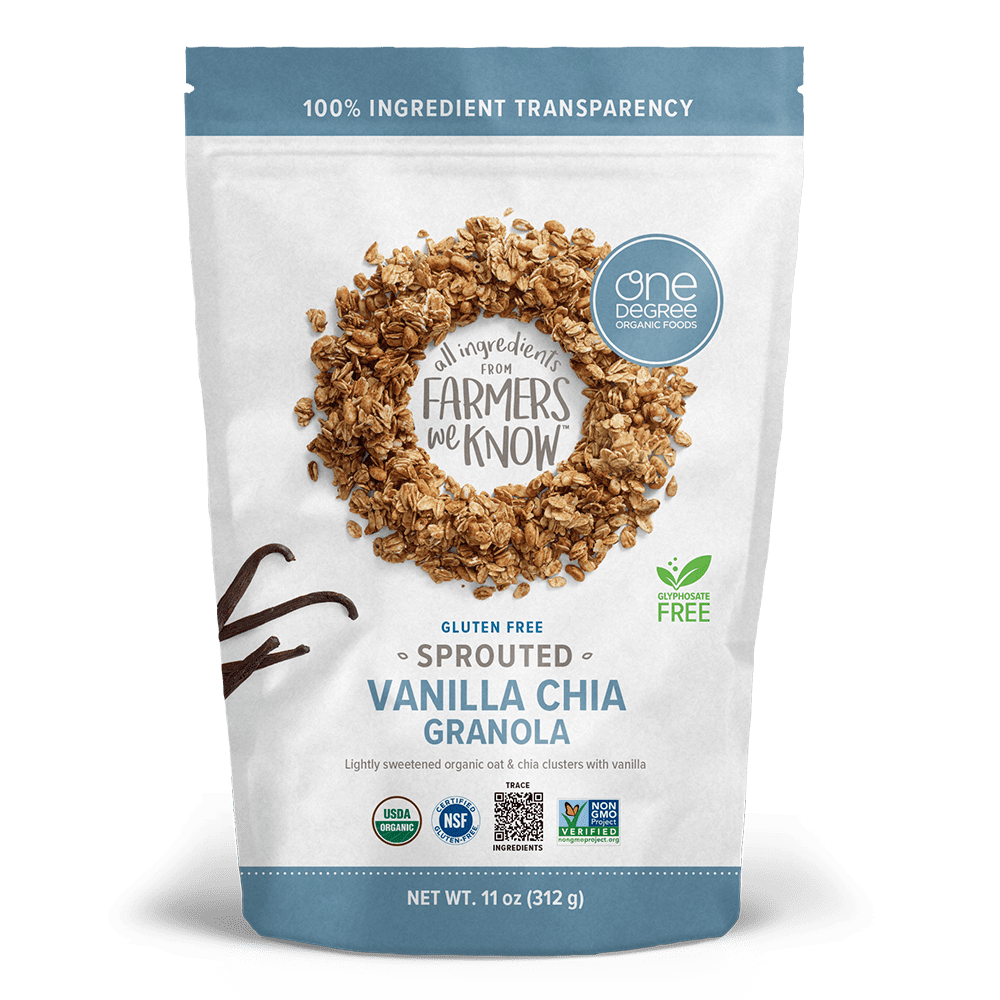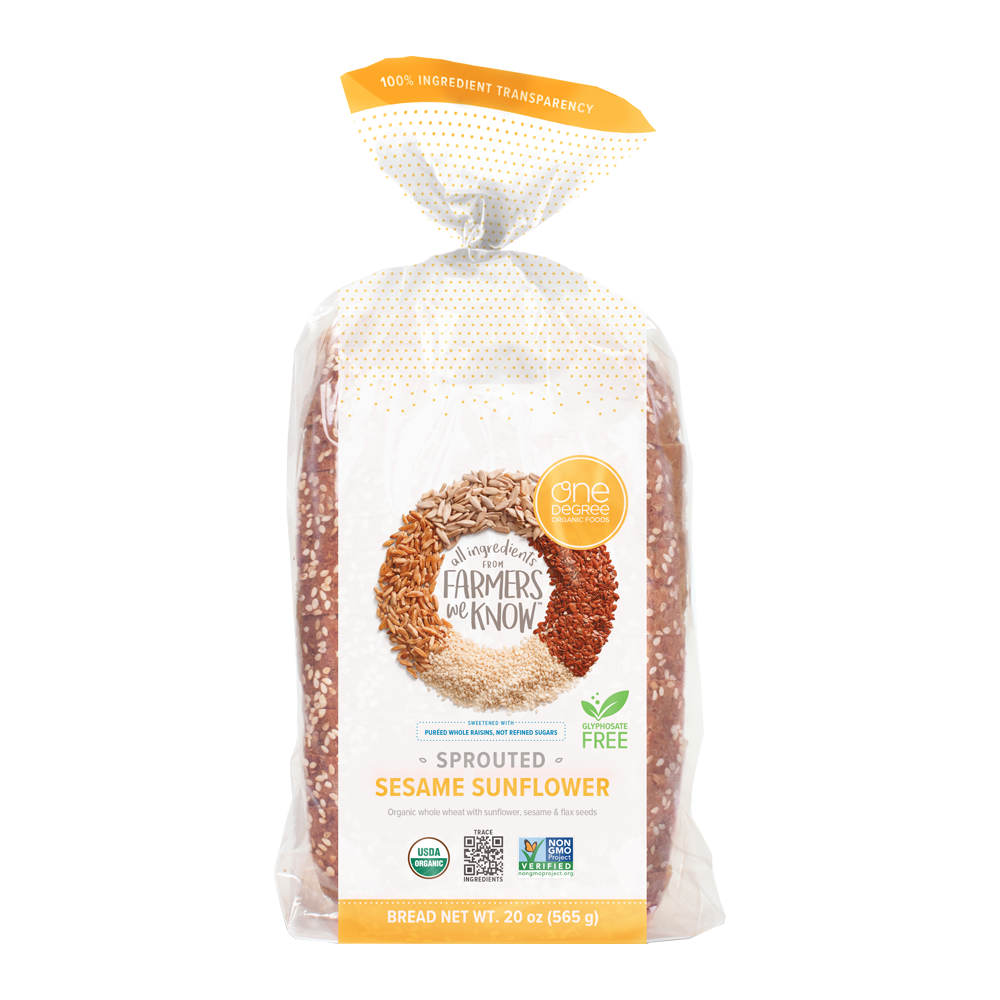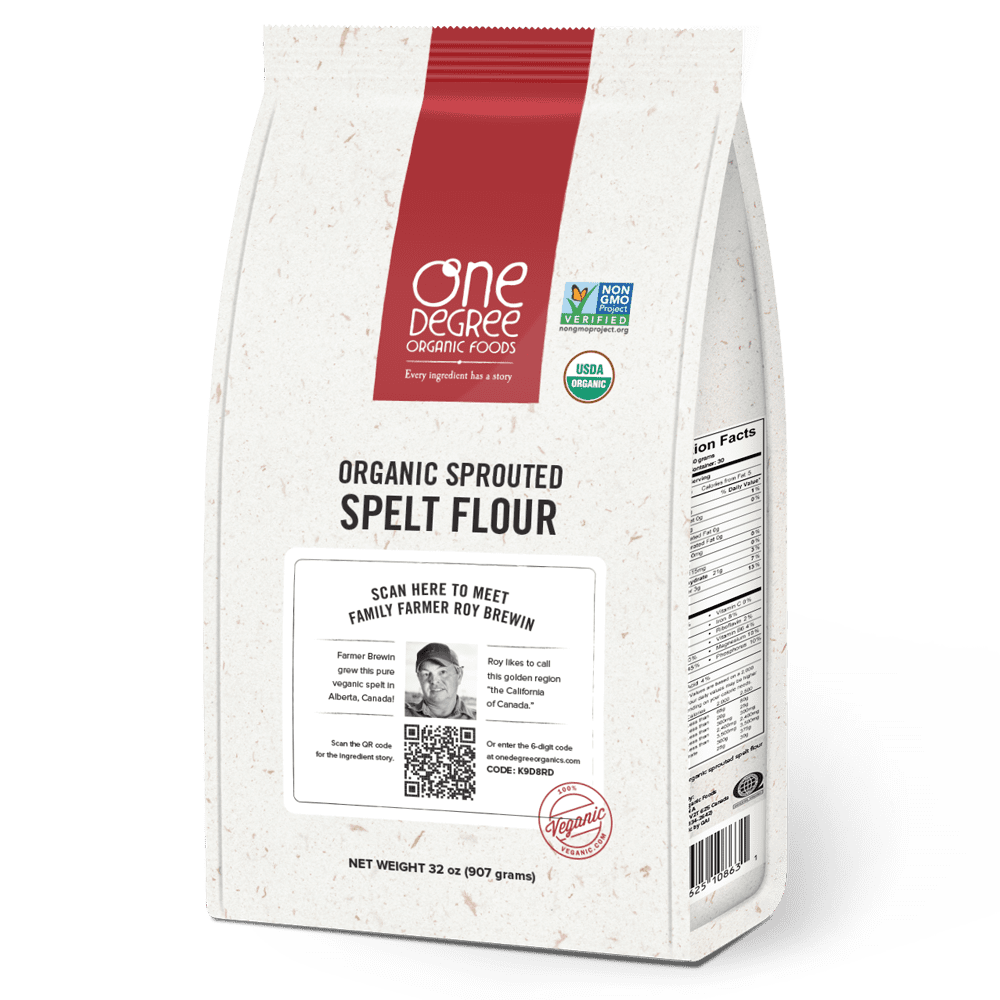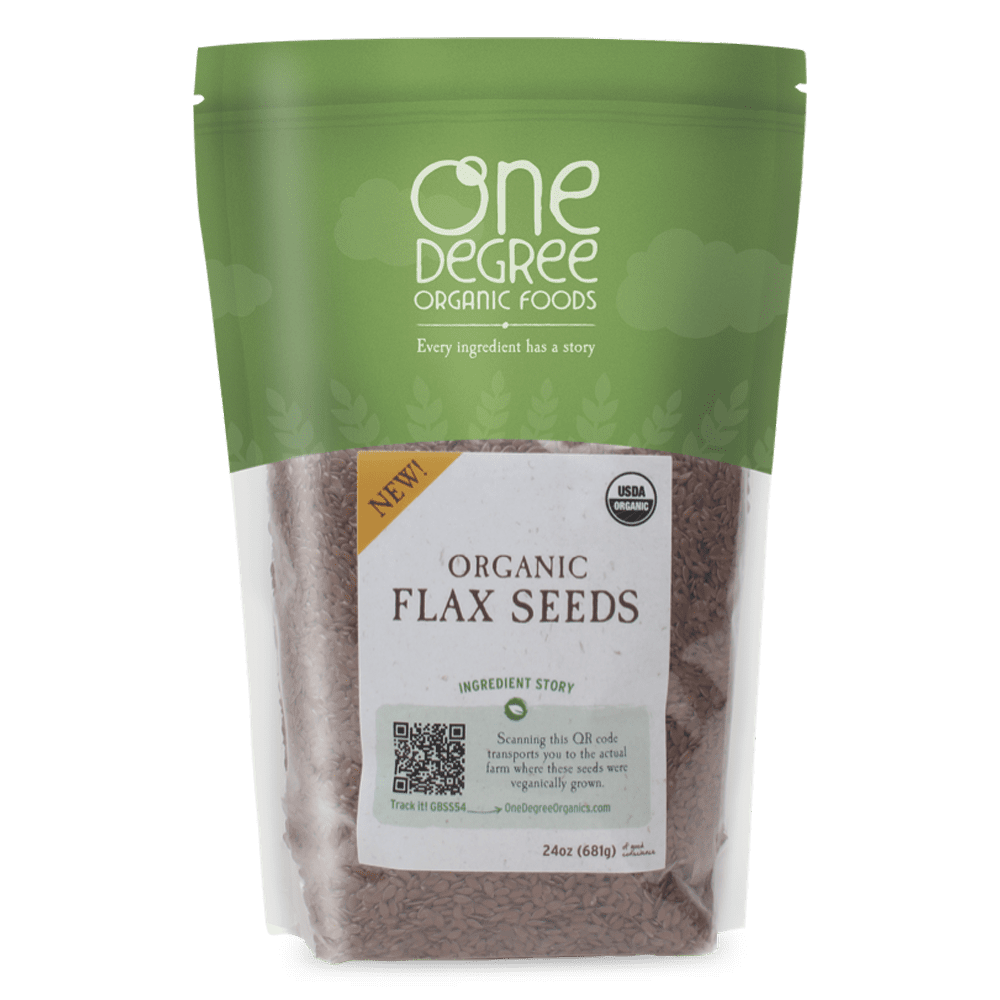Coconut Palm Sugar
Big Tree Farms
When does a story become a dream, or a dream a story? In the warm embrace of the tropics, in a land of smiles, it is hard to know.
Our search for coconut palm sugar started like most ingredient stories, but a swirl of time zones and paths, crowned with an awed procession under ancient canopies of hard brown orbs and soft nectar blossoms, led us, finally, to a clearing where a chocolate palace soared into the sky.
There, on the upper story, we met a man who talked of cacao and sugar houses, fair trade and social transformation, as dark green hills rested in a bamboo-framed window, then rolled languidly through lengthening shadows to catch the kaleidoscope horizon.
In the rarefied equatorial air, it was fun imagining the exotic circumstances that had drawn Big Tree Farms owner Ben Ripple to this prized oasis, years ago. Certainly no parallel to a Joseph Conrad novel, but was this remarkable adventurer and entrepreneur more like Dr. Livingston seeking the source of the Nile, or the celebrated original founders of Banana Republic seeking a new source of madras for the summer catalog?
It was a carefree restlessness, the impulse of every backpacker, that brought Ben and wife Blair here in the summer of ’97. Their global trip had started as a project to document traditional farming techniques before this collective wisdom was lost to modernity. It ended with Ben and Blair falling in love with the magical forests, gardens and landscapes of the Indonesian archipelago. Bali became their home, and Java would be the place they would find the secret treasure of coconut palm sugar.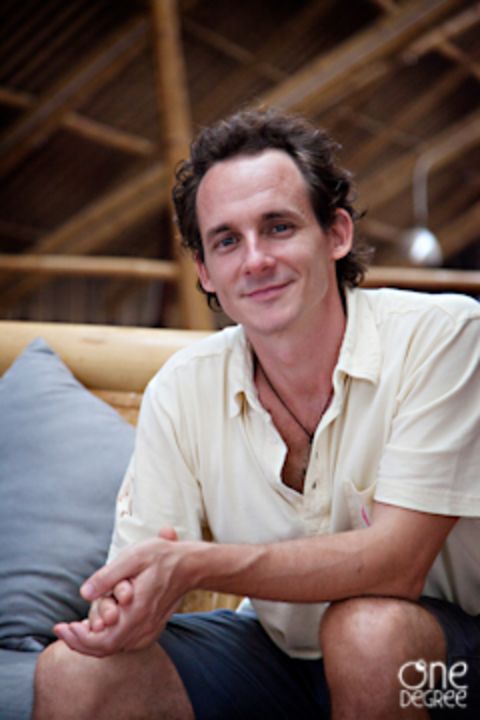
Ben remembers the day that changed everything: “I will never forget sitting at this house watching the process from collecting the nectar in the coconut palm and bringing it down, and this woman stirring this cauldron of golden caramel syrup roasting over coffee wood, and she took this bamboo spoon and ladled it onto this plate; and I voraciously lapped up everything on the plate, and it was unlike any sweetener I had ever had. It was caramel and fruity and slightly acidic and buttery, it was like a buttery caramel.”
It was one of nature’s hidden gems, at once timeless and indifferent to time. For generations locals had scaled trees, harvested the blossoms, warmed the nectar over open hearths, and emptied the sweet paste into coconut molds with the same care other civilizations may have poured gold.
Today, coconut palm sugar, one of the world’s oldest sweeteners, is poised to become one of the world’s newest rediscoveries. That’s good news for the 14,000 farmers who supply not only the prized coconut sweetener to Big Tree, but also an array of other natural products, including sea salt, cashews and cacao.
To its Java coconut palm sugar processing facility, farmers bring finished sugar loaves. To its chocolate factory on Bali, the strikingly-designed company home that may be the largest bamboo structure in the world, they bring pure organic cacao. Big Tree, it seems, found a way to improve on paradise: living in a tropical garden, trading coconut palm sugar to the world — and directing it all from a towering chocolate palace.
Added to that is the satisfaction of knowing that coconut palm sugar is good for the health of consumers, exactly the right product for a world hooked on processed sugar and beset by the ailments associated with excess consumption.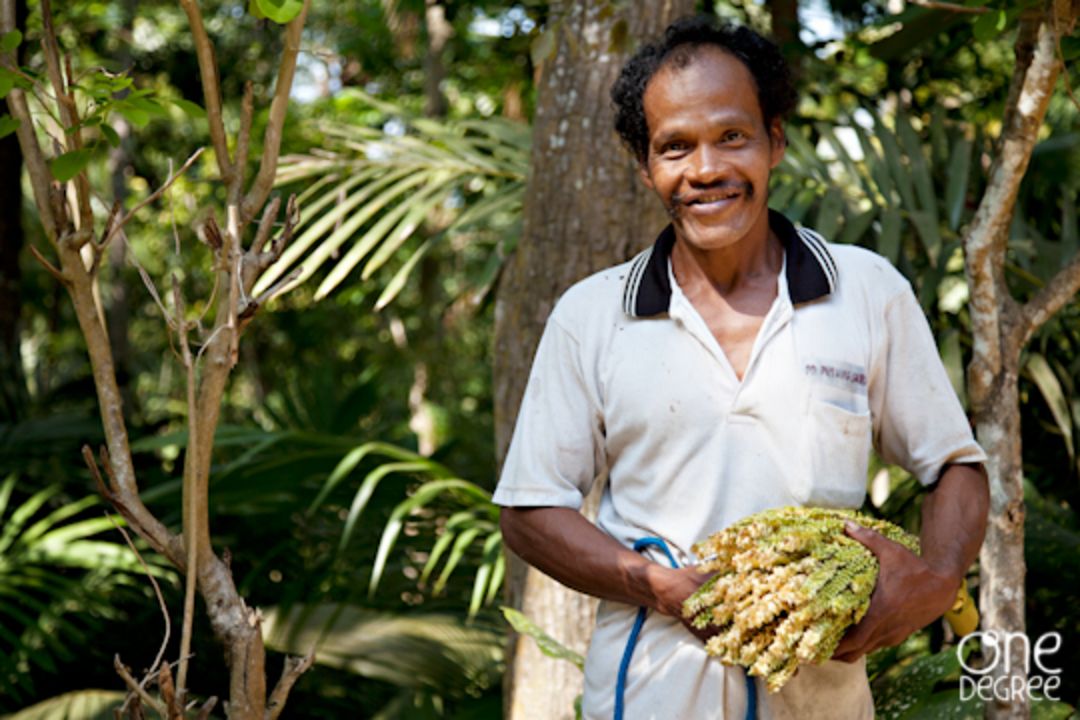
“Coconut palm sugar relative to any other sweetener that we’ve looked at is off the charts packed with nutrition,” says Ben. “It is a whole sweetener, that’s to say we’re not stripping minerals out, it’s balanced nutrition as a sweetener.”
“We’ve always believed in this product as an alternative sweetener,” adds co-owner Frederick Schilling, whose marketing strategies have been integral to Big Tree’s international success. “The world needs it. If we look at the rate of diabetes that is happening globally it’s just insane. Coconut sugar is the answer.”
A panoply of minerals, enzymes and amino acids accounts for coconut palm sugar’s slow, steady physiological absorption, preventing blood spikes and giving it a lower glycemic index rating than other sweeteners. Like coconut water, it’s also rich in magnesium, potassium, zinc and iron, vitamin C and essential B vitamins.
The same delicate blossom that strengthens health, builds hope. The stretching of supply chains across nearly a dozen islands has buoyed living standards, fortified communities and made dreams real. “What I also love about the overarching model that we have going on is working with the farmers and improving the livelihoods of thousands of farmers,” says Frederick. “That is something that’s really rewarding, to be able to go into a community and see wells being dug, schools being built, because of the success the farmers are having based on our products.”
Relationships of trust are essential. One handshake and many acts of kindness at a time, Big Tree has cultivated vital connections with individuals, families, farming groups and villages. Ben, Blair and Frederick happily immerse themselves in the culture of kindness that surrounds them.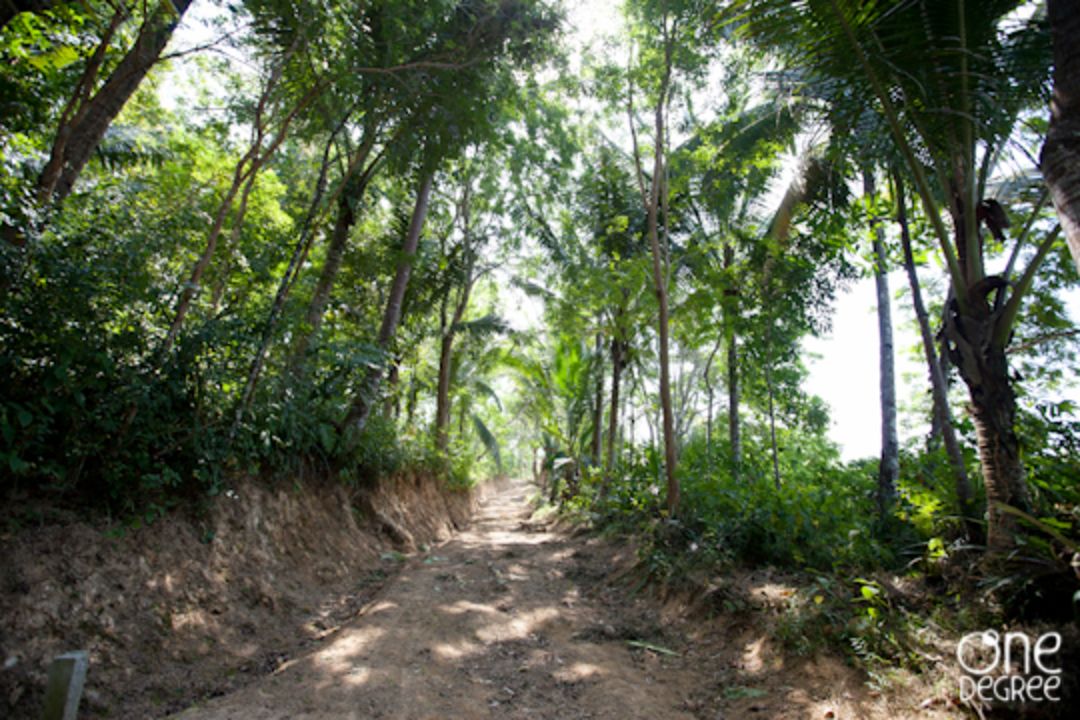
Sometimes the rewards are easy to quantify: It was while attending a ceremony with a local farmer that Ben and Blair discovered an almost lost tradition of harvesting salt from the sea. The result was another winning product for the global market, Big Tree Farms Handcrafted Balinese Sea Salt.
Sometimes the rewards are immeasurable: The commercial success of this pure salt ensured a new life for the kind of artisan heritage the couple had once traveled the world to document. No longer do they simply chronicle the virtues of disappearing wisdom, they have the great gift to be able to reveal and renew it.
Such intangible joys have a surprising weight, one that is tipping the ecological balance in the region toward sustainability and resource conservation, while preserving a way of life that respects the land, and labors with the earth to pass an abundant patrimony far into the future.
It’s a shared future Ben was lucky enough to glimpse, in the glow of coffee wood, deep within a cauldron of sweet golden syrup.
— Charlie Dodge
